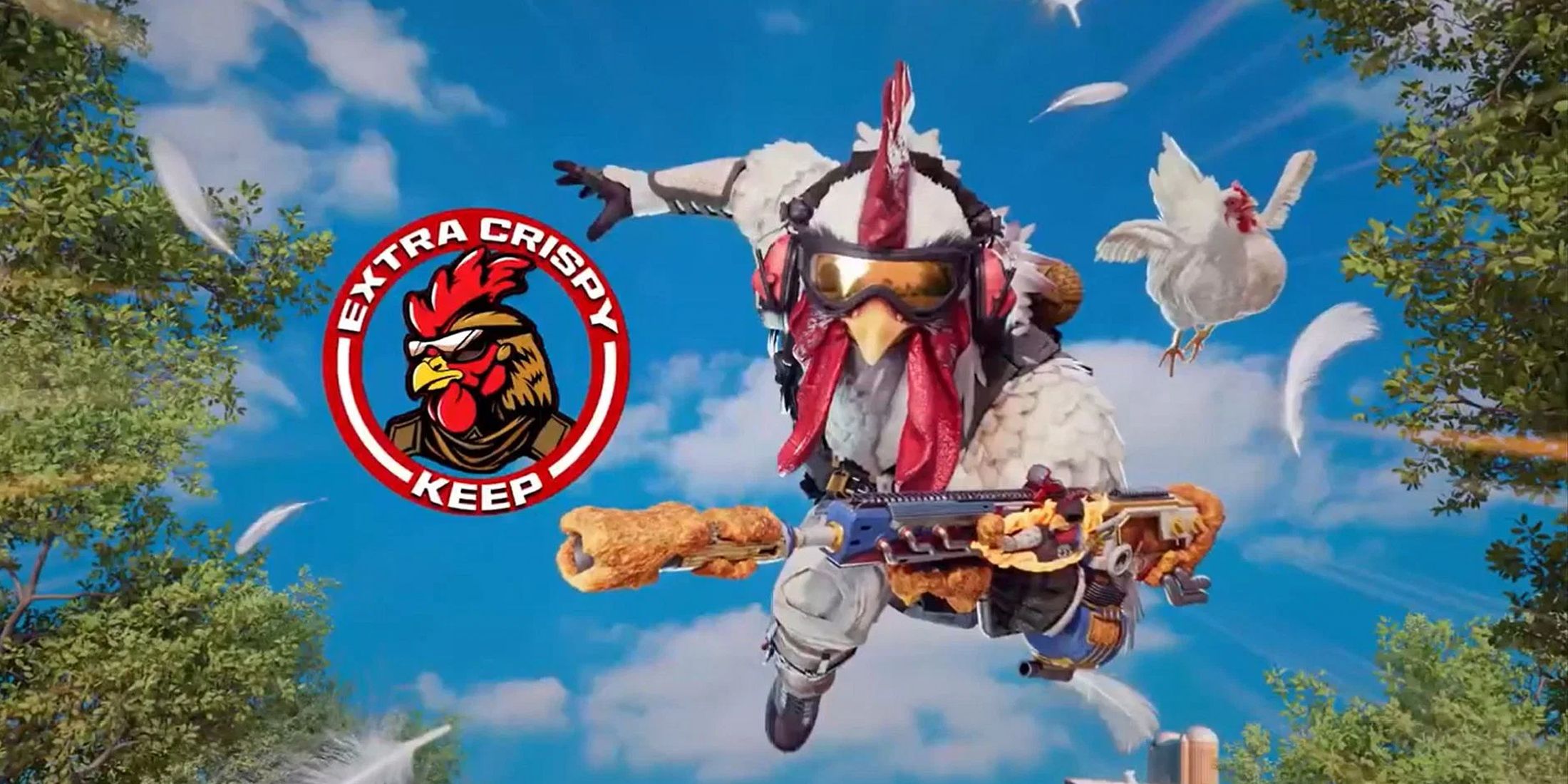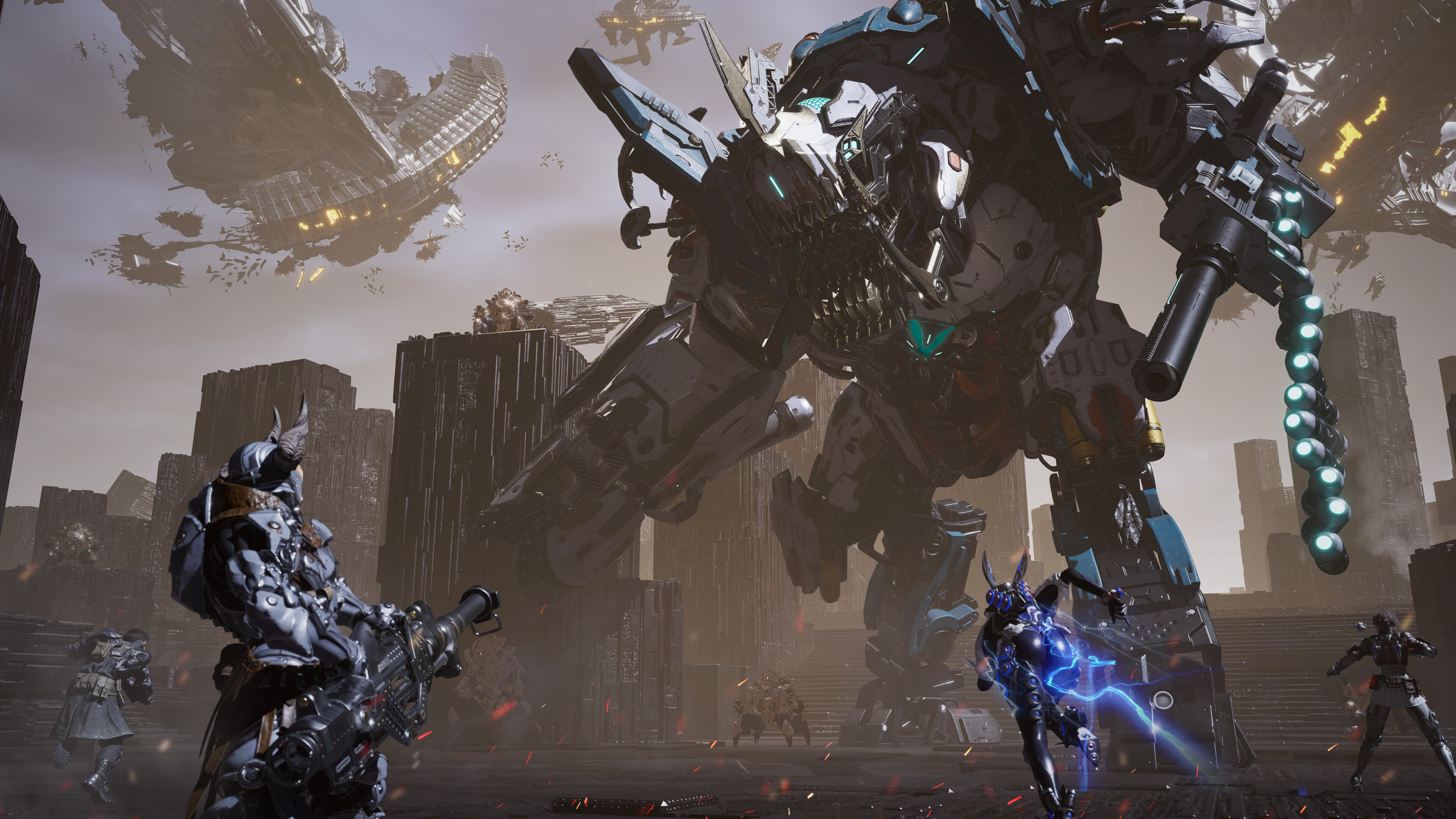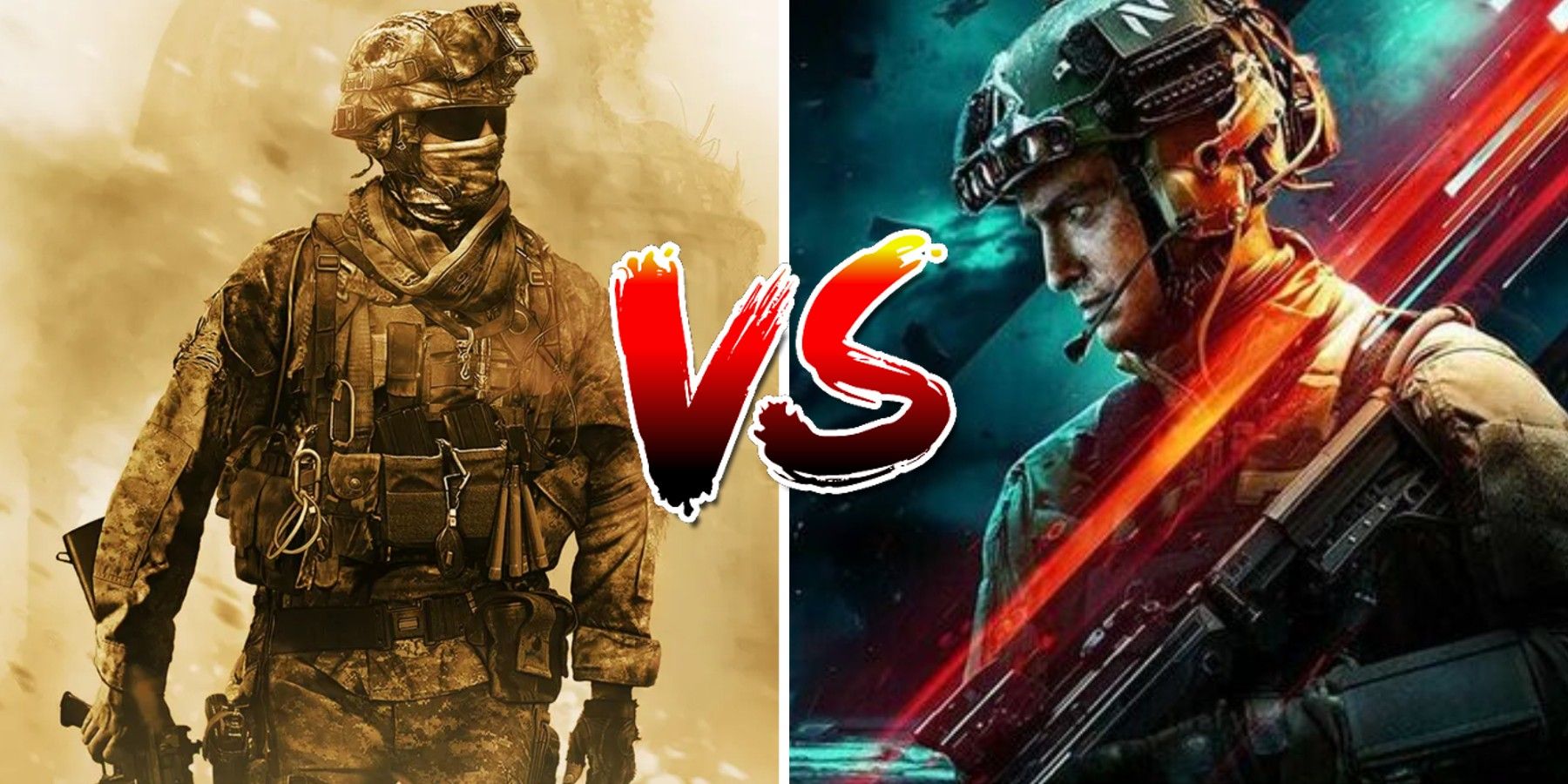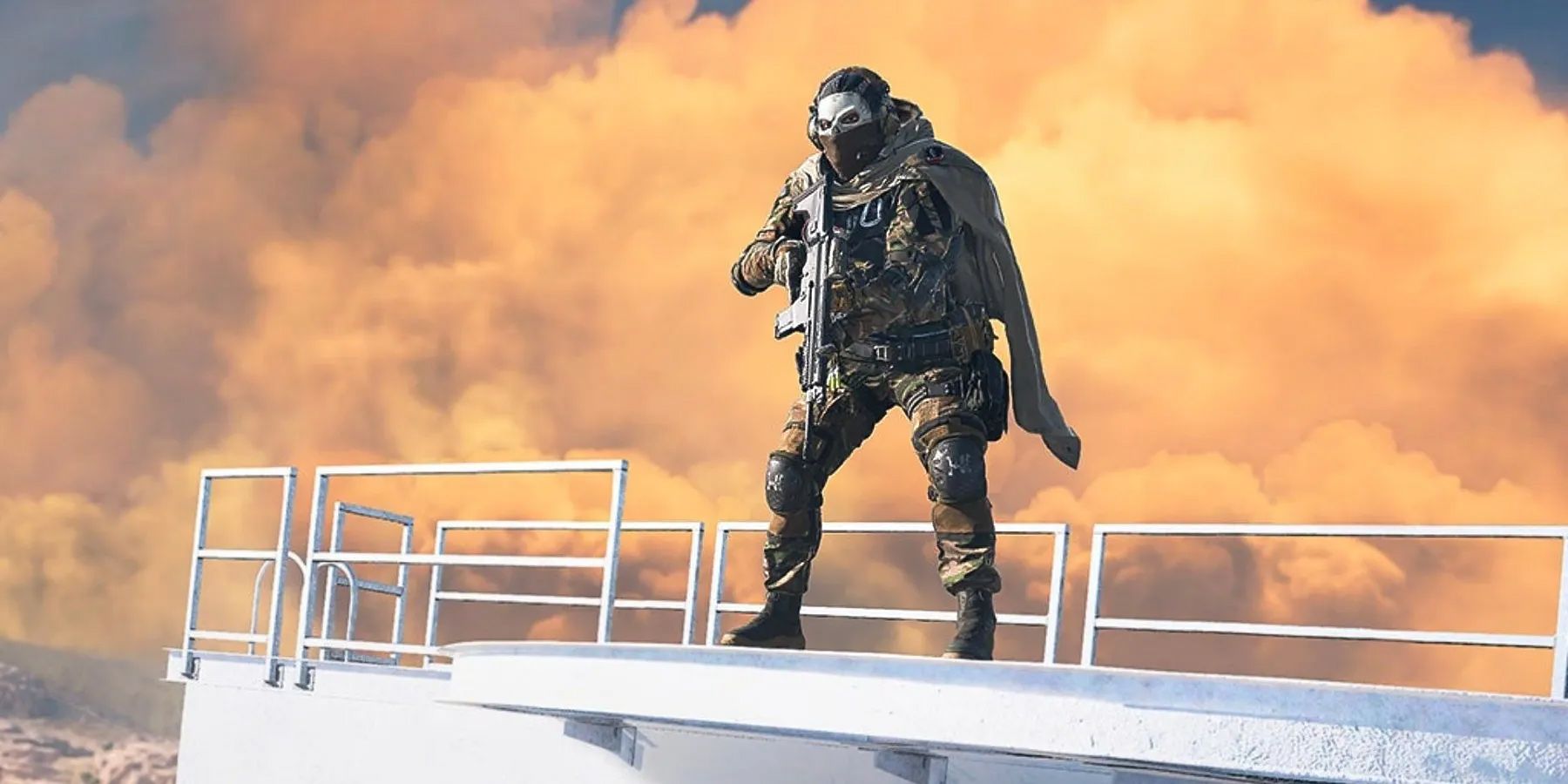There are only a handful of video game franchises that have managed not only managed to stay relevant but grow over the course of 20 years, and Call of Duty is one of those few. Debuting in October 2003, Call of Duty took a few entries to really grasp the mainstream market, but once it had it, that chokehold has held strong ever since. But Call of Duty wasn't without its competition, and in the 2010s the rivalry between Call of Duty and Battlefield became one of the greatest in gaming. However, it is a rivalry that's all but finished now.
The Battlefield franchise actually has a slightly longer history than Call of Duty, first debuting in 2002 with Battlefield 1942. And it was quite the debut, offering gamers some of the most intuitive, expansive, and satisfying gameplay of any military shooter at the time. The franchise only continued to gain popularity in the 2000s, with Battlefield 2 being another big hit that took players to the modern age of warfare two whole years before Call of Duty would. But it's been a rough few years for Battlefield, and now Call of Duty has been left with no real competitors.
Battlefield Has Dropped the Ball, and Call of Duty Has Continued to Grow
It's no secret that Battlefield has not quite lived up to expectations over the last eight years. While Battlefield 3 and 4 are widely considered to be some of the best FPS games ever made, with their servers still full of players even all these years later, the Battlefield entries that succeeded them aren't nearly as beloved. It all went downhill the moment Battlefield Hardline released in 2015. Though its premise was unique, and it reviewed surprisingly well, Battlefield Hardline just wasn't the game fans were hoping for, with it feeling much smaller in scale than previous entries.
While Battlefield 1 has had somewhat of a resurgence in the last few years, at the time some fans weren't too hot on it. However, Battlefield 1's main criticisms came from those who simply didn't like the WW1 setting, as it is a solid game all around. 2018 was when the Battlefield franchise truly started to crumble, with Battlefield 5 feeling incomplete at launch. Though additional modes were eventually added, the damage was already done, and fans had become disillusioned with Battlefield 5. Next came the biggest disappointment of the lot, 2021's Battlefield 2042. Though expectations were high, with fans citing this as the return to form Battlefield needed, Battlefield 2042 ended up being a bit of a disaster thanks to a severe lack of content, half-baked features, and unnecessarily large maps, along with a slew of other issues.
While DICE is still trying to resuscitate Battlefield 2042 with infrequent updates, there's no denying that the Battlefield franchise just isn't as loved as it once was, and Call of Duty is happy to live without the competition. On the other end of the spectrum, Call of Duty has managed to remain just as relevant and popular as it always has, if not even more so. While long-time fans have plenty of criticisms over the last few entries in the franchise, Call of Duty is still selling extremely well every year, and with Call of Duty: Warzone as an additional source of income and audience, there's no end in sight for the biggest FPS franchise on the planet.
Battlefield may have been the biggest competitor for Call of Duty, but it wasn't the only one. Back when Call of Duty was first hitting the mainstream in the early-mid 2000s, a slew of other military shooter franchises rose up to give the series a run for its money. Medal of Honor was one of Call of Duty's biggest competitors, with its roots dating all the way back to 1999. Even Gearbox's Brothers in Arms series could go toe-to-toe with Call of Duty, with its unique tactical gameplay setting it apart from the crowd. But these franchises are long gone, and with Battlefield struggling so much, Call of Duty remains untouchable.





